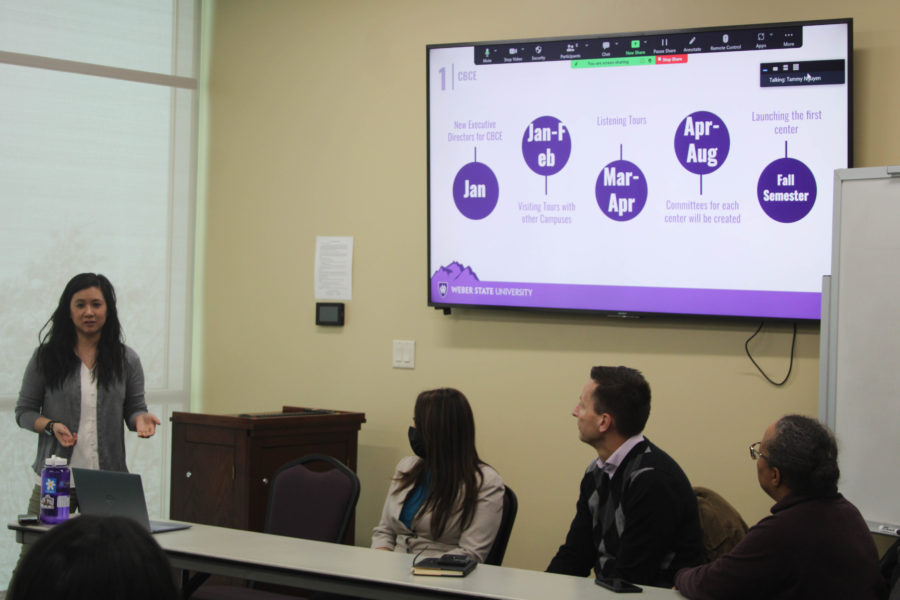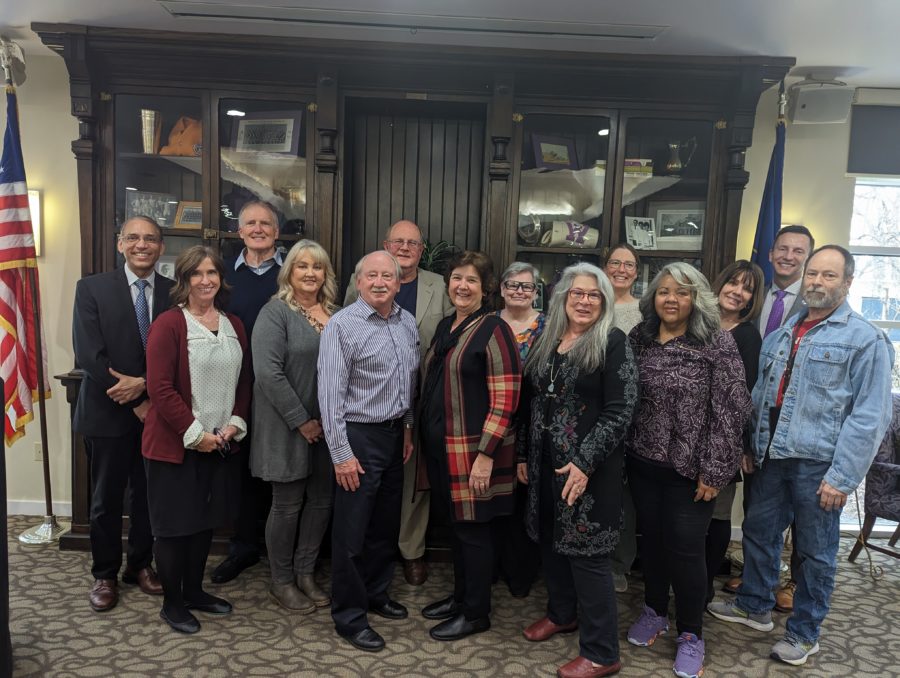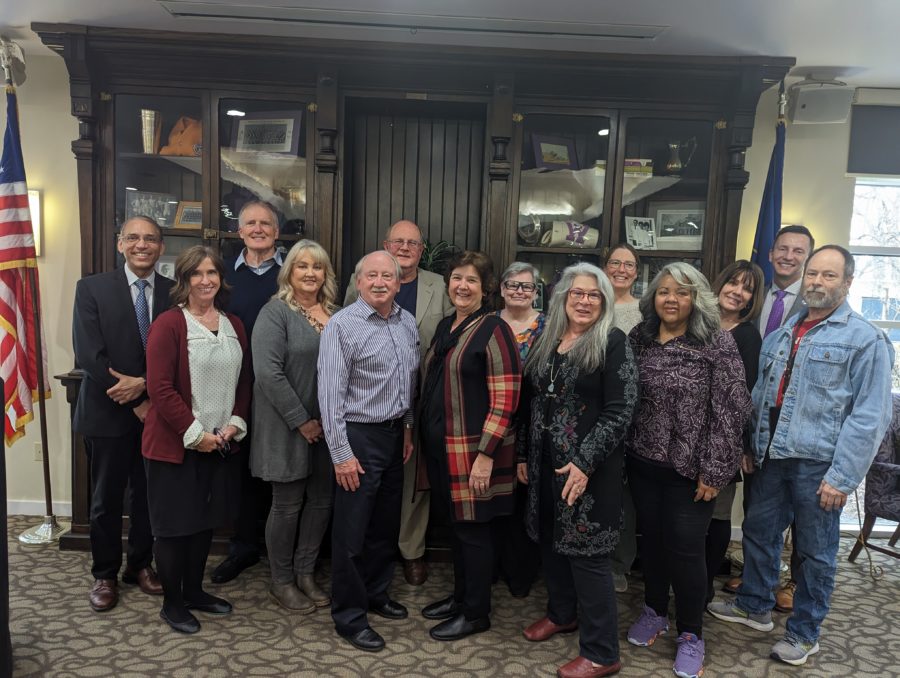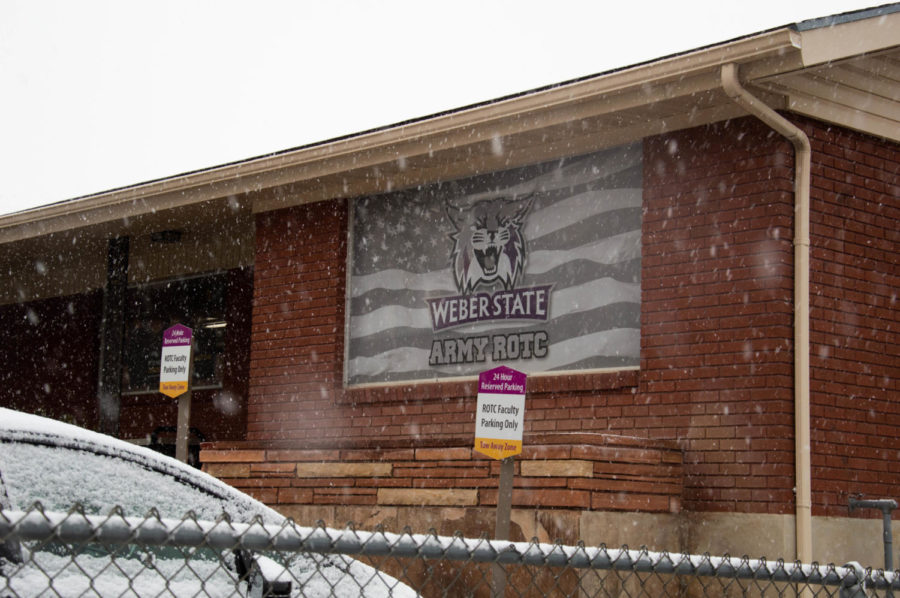Differences in political identification do not seem to deter Weber State University students from seeking relationships.
WSU students said differences in political identification do affect a relationship and that it is a large issue, but one that can typically be dealt with.
“I don’t think that because someone’s Republican or someone’s Democrat they can’t get married,” said Peter Barnett, who is currently in a relationship and attends WSU.
Political differences could, however, affect the relationship “to a certain extent, (like) with the way you want to raise your children,” he added.
Leah Murray, a WSU political science professor, said statistics suggest that children of parents whose political identifications differ are not as “interested in politics.”
Additionally, statistics show 40 percent of surveyed parents would not want their child marrying someone of another political identification, she said.
Nevertheless, the relationship between parents’ and their children’s party identification is shrinking, according to American National Election Studies’ statistics from the book Campaigns & Elections: Rules, Realities, Strategy, Choice by professor John Sides, Daron Shaw, Matt Grossmann and Keena Lipsitz.
The book also shows that, in the 2008 presidential elections, both married and unmarried women voted more than their male counterparts. Additionally, women voted for Obama more than men. Hence, more men than women voted for McCain. This information came from statistics gathered from Edison Media Research’s 2008 National Election Pool exit poll.
“There’s a 12-15-point (gender) gap,” Murray said.
She also said women tend to lean toward being Democrat, and men Republican.
Some students say political differences should not matter.
Jacob Chadwick, a married WSU student, said political affiliation should not affect a relationship “if you’re both logical.”
All in all, the Supreme Court of Washington, D.C. in the Donaldson v. Donaldson case (1951) resolved that “neither a religious belief (or the lack of such belief) nor a political or social opinion is of itself ground for divorce in this jurisdiction.”
In a relationship where differences in political identification exists, so does difficulty, Murray said.
“. . . Party ID can be as deep as religious ID,” she said. “You want to marry who you love, but you want to be aware that there will be a struggle.”
On the other hand, these differences are not always negative, Murray said.
“Love equals listening,” she said, referring to a positive effect political differences might have in a relationship.
Some WSU students said miscommunication was most likely the highest cause of divorce throughout the nation.
Garrett Smith, who is married and attends WSU, said miscommunication is a large reason people divorce, but political differences might play a minor role. He said political identification should be discussed before the relationship becomes “too serious.”
Jennifer Chadwick, another married WSU student, said it depends on the people in the relationship as to when they should discuss politics before committing seriously to one another.
“If you have two people that are headstrong in their politics, that could be something that could crash the relationship,” she said.
Jacob Chadwick conveyed his views about communication in a relationship by metaphor.
“(A relationship without communication) is like trying to build a building without communicating the plans beforehand,” he said.














